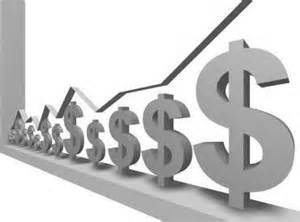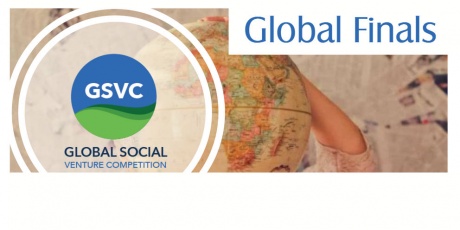
Estimating Sector-Level Economies of Scale
By Andres Rodriguez-Clare, UC Berkeley, Dominick Bartelme, University of Michigan, Arnaud Costinot, MIT, and Dave Donaldson, Stanford University
For a preliminary version of the paper, see here.
Sector-level economies of scale matter for economic development, industrial policy, and the consequences of trade liberalization. As of yet, however, the literature has not converged on a definitive answer regarding their existence and even less an estimate of their magnitude and variation across sectors. For example, most quantitative trade papers explicitly or implicitly assume that the sector-level scale elasticity is either zero or equal to the inverse of the trade elasticity. This paper develops a two-step strategy for estimating sector-level scale elasticities using bilateral trade data. First, a revealed preference approach is used to compute the productivity of each sector-country cell from observed bilateral trade flows. Second, a market access approach is used to construct demand shifters that vary across sector-country cells. The scale elasticity (a supply side parameter) is recovered from a regression of productivity on sector size using the constructed demand shifters as instrumental variables. Prelim- inary results suggest that economies of scale are positive but not as large as those implicitly imposed in many leading quantitative trade models.
Photo source: blogs.terrapinn.com

Topics
Development
Initiatives
International Trade & Development








